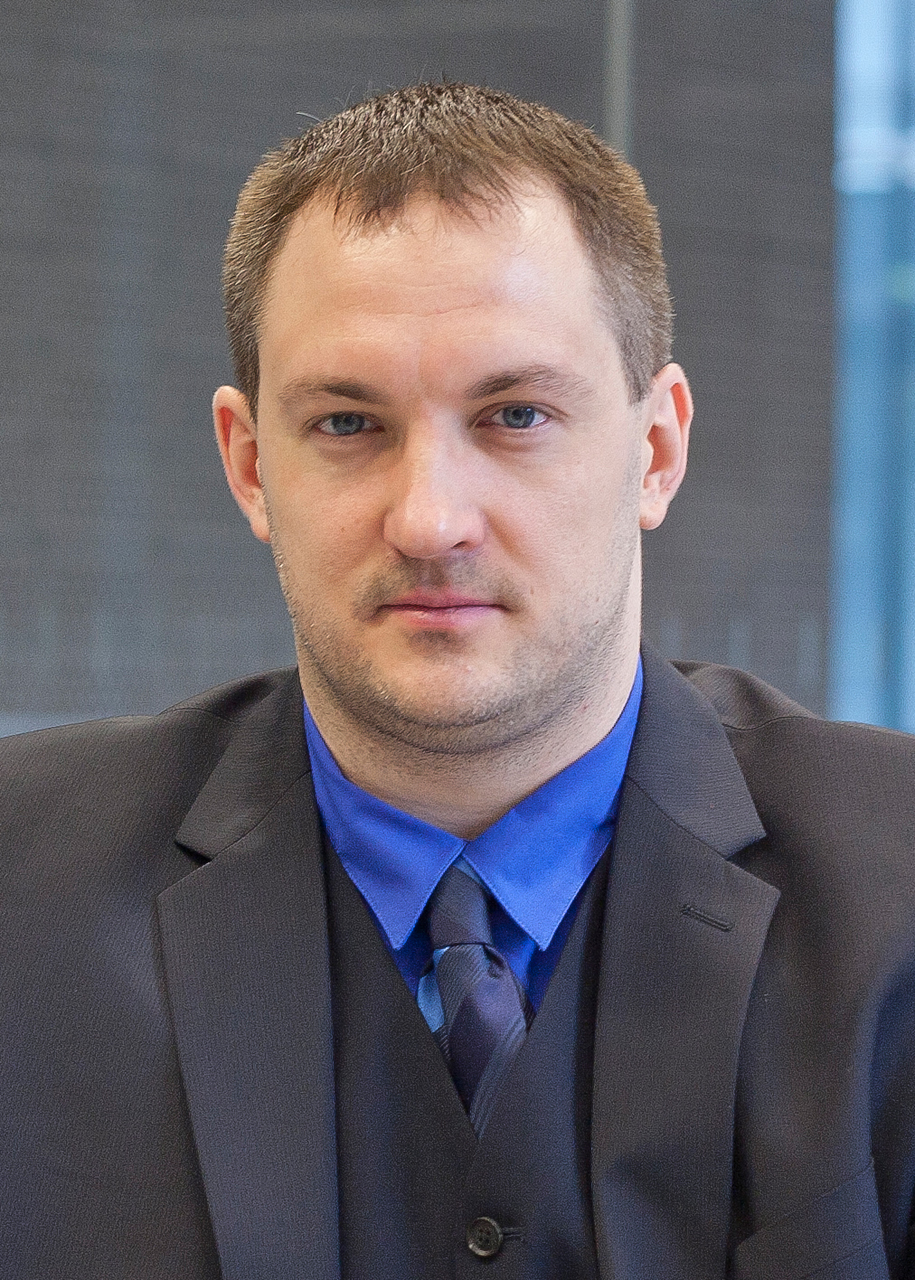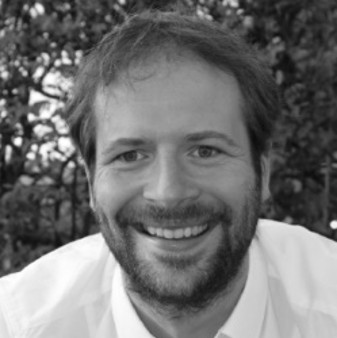

Time & Date:
07.12.2017
5-7 ct
Room 47.0.501 (Teaching block WWP)
Universität West
Albert-Einstein-Allee 47
89069 Ulm
Local Host:
Prof. Dr. Manfred Reichert
Links:
Cognitive Systems and Human-Computer Interaction
Cognitive Systems M.Sc.
Abstract. Assessment of chronic disorders requires new ways of data collection compared to the traditional pen & paper based approaches. In general, for many individuals suffering from a chronic disorder their symptoms vary over time. Currently, established assessment methods neither systematically assess this moment-to-moment variability nor environmental factors having an effect on many chronic disorders. However, information of individual fluctuations and the effect of environmental factors might represent important information for a more individualized treatments. In this context, a promising approach for collecting ecological valid longitudinal datasets at rather low costs is mobile crowdsensing. In the TrackYourTinnitus project, we developed an advanced mobile crowdsensing platform to reveal more detailed information about the course of tinnitus over time. In this talk, we report on two results of the TrackYourTinnitus project. First, we present results on prospective reports vs. retrospective ratings of tinnitus variability and tinnitus-stress associations. In general, only little is known to what degree such retrospective reports reflect the actual experiences made in daily life. Second, we present our patient feedback services. These feedback functions shall help the patient to demystify the tinnitus and to get better control of it, which should facilitate coping with this chronic health condition. Altogether, our results indicate that mobile crowdsensing services offer promising perspectives for disorder management and clinical research.
Bio. Dr. Rüdger Pryss studied at the Universities of Passau, Karlsruhe, and Ulm. He holds a Diploma in Computer Science. After graduating, he worked as a consultant and developer in a software company. Since 2008, he has been a research associate at Ulm University. In 2015, he received a PhD in Computer Science. In his doctoral thesis, Rüdiger Pryss focused on fundamental issues related to mobile process and task support. In particular, he investigated how mobile devices can be integrated with process management technology in a robust and reliable way, e.g., to allow for the autonomous execution of process fragments or single process tasks on mobile devices. Rüdiger Pryss was local organization chair of the BPM’09 and EDOC’14 conferences. Moreover, he is experienced with teaching courses on database management, programming, service-oriented computing, business process management, document management, and mobile application engineering. Currently, he is a senior researcher and lecturer with the Institute of Databases and Information Systems at Ulm University.
Bio. Dr. Winfried Schlee is a German neuropsychologist at the University of Regensburg. He studied psychology, statistics and philosophy at the University of Konstanz and the University of Alabama at Birmingham. In 2009, he obtained his PhD in clinical neuropsychology at Konstanz where he introduced the concept of the Global Model of Tinnitus Perception to explain the neuronal mechanisms underlying the conscious perception of the tinnitus percept. Since then, Winfried Schlee has studied various factors influencing the conscious perception of tinnitus, among them the influence of age, stress and emotional arousal, the interference with auditory, electric and magnetic stimulations, as well as intrinsic neuronal moment-to-moment fluctuations of the resting alpha activity in temporal brain regions. In 2013, he joined the Tinnitus Research Initiative (TRI), where his current work focuses on discovering new methods for the treatment and measurement of chronic tinnitus. He is also chair of the European COST project TINNET - Better understanding the tinnitus heterogeneity to improve and develop new treatments, which started in April 2014.


Time & Date:
07.12.2017
5-7 ct
Room 47.0.501 (Teaching block WWP)
Universität West
Albert-Einstein-Allee 47
89069 Ulm
Local Host:
Prof. Dr. Manfred Reichert
Links:
Cognitive Systems and Human-Computer Interaction
Cognitive Systems M.Sc.